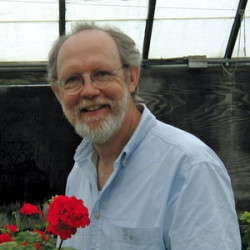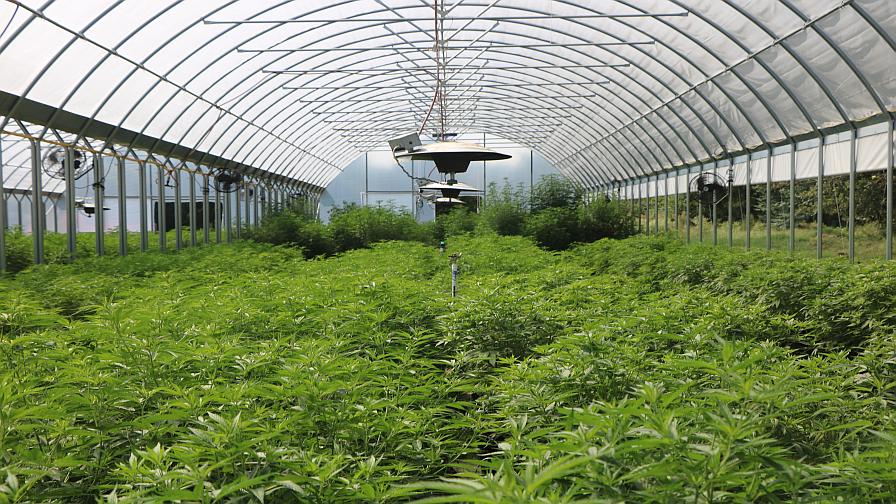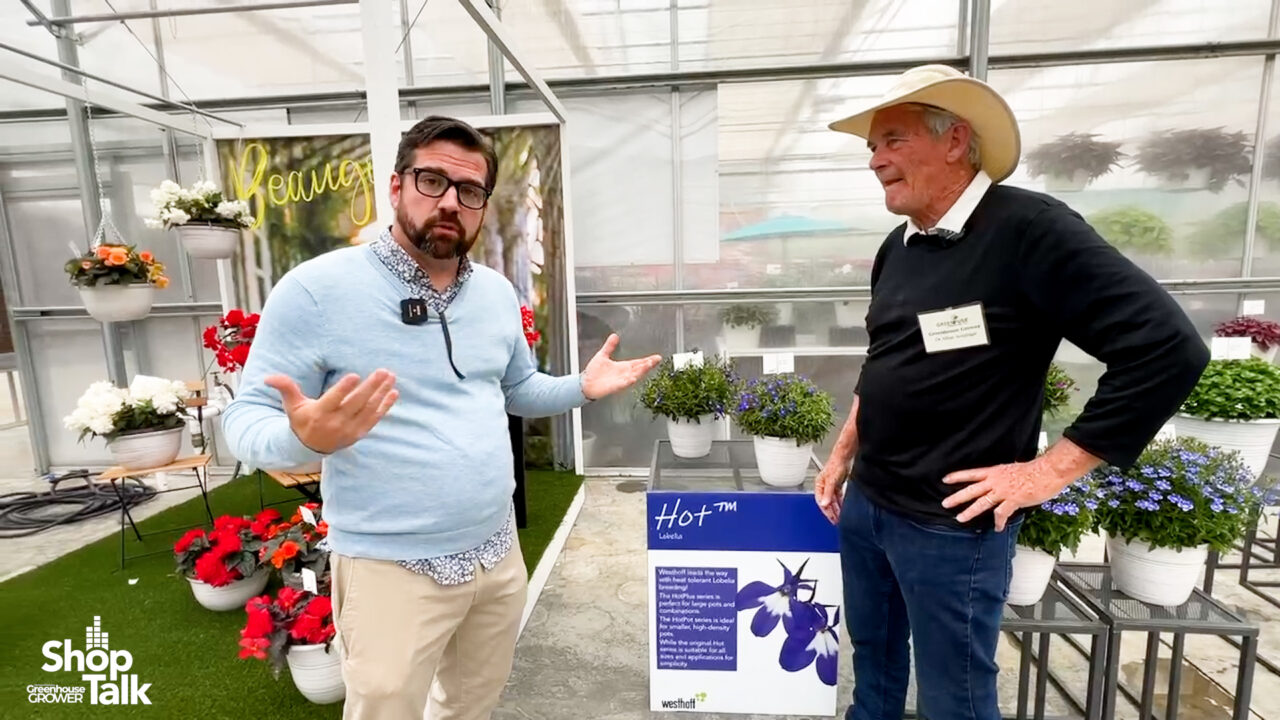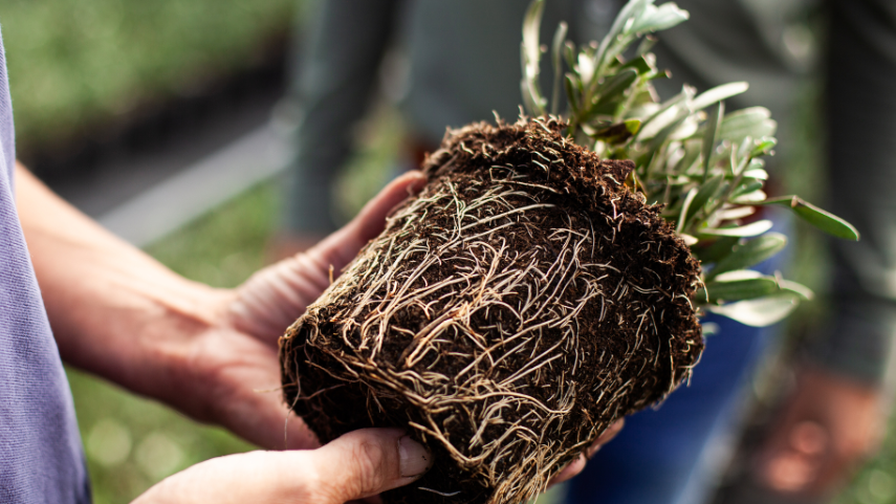Certifying Sustainability

The conference, held Feb 29 in Washington, D.C., was organized by the Leonardo Academy and Scientific Certification Systems (SCS). About 120 attendees represented a wide range of commodity groups, processors, agribusiness interests, government agencies and environmental advocacy groups.
Floriculture and nursery interests were well represented, by OFA and ANLA, as well as representatives from production and distribution companies. Joyce Latimer from Virginia Tech, Jim Barrett from the University of Florida and myself were the floriculturists among a handful of academics.
The meeting opened with a presentation by Michael Arny, president of Leonardo Academy. He explained how the American National Standards Institute (ANSI) process works, emphasizing the need for openness, due process and consensus building among diverse interests. The “Draft Standards For Trial Use” that represents the starting point was developed by SCS, based on the VeriFlora certification program for cut flowers and potted plants. SCS provided start-up funding to Leonardo Academy, a member of ANSI, to coordinate the development of a final standard. A committee responsible for drafting the final standards will be formed in April.
The morning session featured presentations on issues and concerns related to the content and framework of the standards. Presenters included James Riva, who manages compliance audits for USDA; Jason Wadsworth, sustainability specialist for Wegmans Food Markets; Jean-Mari Peltier, president of the National Council of Farmer Cooperatives; Sharon “Boomer” Lauritsen, executive VP for food and agriculture of the Biotechnology Industry Organization; Bill Freese, of the Center for Food Safety; and John Foster, Sr. manager of organic integrity for Earthbound Farm.
While the idea of national standards seemed to have guarded support, critical comments dominated the discussion. The process itself was an issue; the draft standards were published prior to any stakeholder input. It remains to be seen how stakeholder input will be used to draft the final standards. Will producers, who will have to bear the cost, be adequately represented on the committee?
Organic Lite?
The relationship between “organic” and “sustainable” is an issue with several dimensions. Is “sustainability” going to be “organic lite” or “organic plus”? That is, will the standards allow practices that are not acceptable for organic production or will organic production be the goal? How far will the standards go to address issues that are not addressed by the National Organic Program, such as labor relations, food safety, packaging and energy use? Will a national standard for sustainable agriculture dilute the identity of the National Organic Program? Will consumers perceive a difference?
The most heated topic is genetic engineering. The draft standards prohibit the use of “Genetically Modified Organisms.” Many producers are unhappy with that stance, and the biotechnology industry predictably argued for technology-neutral standards. On the other hand, organic producers and environmental advocacy groups are strongly opposed and would likely have nothing to do with a standard that allowed genetically engineered crops.
Finally, potentially the biggest problem facing the committee will be drafting standards that will support measurable, verifiable, auditable assessments. At the same time, the standards have to be flexible enough to accommodate local needs and conditions. Will there be an opportunity for peer review of any certification program?
These topics and others were discussed during afternoon breakout sessions. I found my way to the table concerned with performance metrics. The discussion was candid and wide-ranging, but the need for performance metrics was mentioned repeatedly, as was the general lack of metrics in the proposed standard.
It’s way too early to say where all this will lead. The committee responsible for writing the final standard hasn’t even formed, and will have a couple of years’ work ahead of it. For floriculture, the big question will be, “How important is sustainability certification for our markets?” Obviously, it’s important for some producers or Florverde and VeriFlora wouldn’t exist. How many more producers want to be in the tent? Will the tent be big enough to accommodate them? Will it be worthwhile to pay the price of admission?
For draft standards and conference reports, visit the Leonardo Academy Web site at http://www.leonardoacademy.org/Projects/ansi-SustainAg.htm.









